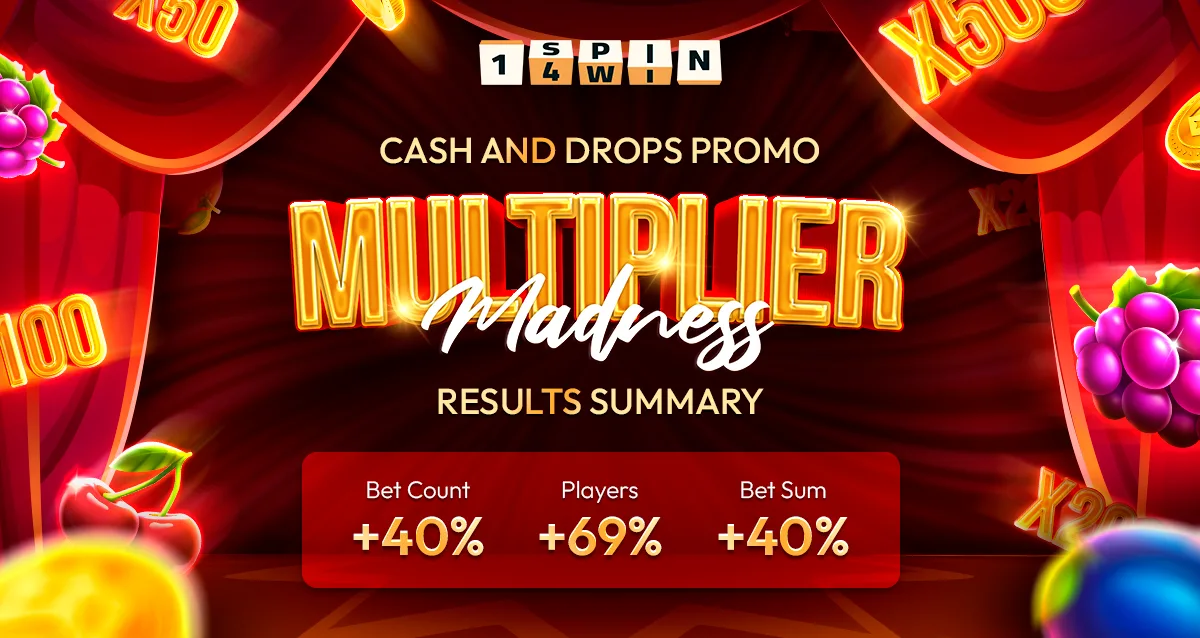Virtual reality is a fairly new phenomenon. That is why it is considered both suspicious and surprising. For some people that sounds like science fiction, but some casino operators, such as IGT, are actively introducing this technology into the gambling zones of their establishments.
Without a doubt, the future virtual casino games industry will face many regulatory challenges. Some gambling jurisdictions are likely to completely ban it, while others will impose severe restrictions that will reduce the customer flow to this market.
And yet, thanks to the almost limitless creative opportunities of virtual reality, online gambling finally resorted to it, having appreciated its potential.
Creation of Virtual Reality Casinos
Oculus Rift Virtual Reality Glasses became publically available as early as in 2016. A little later, Alexander Tomic, co-founder of the company that owns SlotsMillion online gambling company (it launched virtual reality technology in gambling), said that his virtual reality casino was not especially successful. Without providing specific data, he noted that “virtual reality business does not yet exist”, and acknowledged the use of this technology in his own business as a “novelty.”
During the creation of its virtual internet casino, SlotsMillion was closely cooperating with the Maltese regulatory authorities, as the company planned to create a completely new product and launch it in accordance with regulations. Interestingly, the government of Malta insisted that, unlike most land-based casinos around the world, this place must have a clock on the walls so that players would not “get lost” in the game. There were also restrictions on game tournaments between players. SlotsMillion wanted to make the player’s balance visible to others, but the government stated that this factor should remain strictly private and, accordingly, hidden as well as the amount of players’ winnings and losses.
The online casino industry has faced stricter controls than ever before, as more and more operators in all countries are applying for a license to run such business. However, there are still many unlicensed markets that are not bound by any laws. As a result, we may face an interesting situation when there will be legal virtual casinos, which follow certain rules and regulations, and illegal ones, where anything could happen.
Current Situation in Virtual Casino Games Industry
After the VR technology introduction, gambling has become even more interesting for users. Everything here is the same as in a real casino – croupiers, tables, cards, slots. And every year the image quality becomes clearer and more realistic.
At the same time, online virtual reality games have advanced a bit today. Initially, casino staff was computerized, but nowadays live dealers are already available. In addition, you can play with live competitors, which is much more interesting for some games (especially for card games) than if the opponent would be just a computer.
Today, among other things, virtual reality is integrated into the bookmaker business. We are talking about virtual sports betting. Thanks to glasses, players can bet on a sporting event in real time; its result is determined by a random number generator.
Gambling Industry Modification
The augmented reality represented by SlotsMillion in their virtual internet casino is undoubtedly impressive. Today it is a product with its own market and customer base. And this happened because of the release of one of the first virtual reality glasses – Oculus Rift.
The first software development kit, released in 2013, cost about $350 which was quite affordable. As SlotsMillion stated, the majority of customers received a new gaming experience through their project (a browser-based 3D version) which didn’t require glasses. And only a few years later – in 2016 – the manufacturer finally released custom glasses ($400).
The Nevada casino industry giants have long complained about the reluctance of the Y generation to join traditional casino games. Most of them are console players and, naturally, they get more pleasure from shooters like “Halo 5” than from hypnotizing slots and launching spins, as well as from virtual casino games.
Meanwhile, the steady increase in eSports popularity could not be ignored by the casino industry, which is gradually falling into despair trying to attract the younger generation’s attention. Nevada and New Jersey have already adopted amendments to their gambling laws that allow “various payouts” of slot winnings. This has been done in order to pave the way for the existing slots based on skill video games. For example, as a rule, gambling laws state that the winning payout rate should be equal for all players, but various payouts will provide the best rate for players who have achieved a certain level of expertise playing skill games.
Blurry Boundaries
The boundaries between video games, eSports and gambling today are rather blurred. And the appearance of virtual reality has further increased the need for additional distinction between these areas.
Virtual reality in social casinos was expected to become a hit. According to Eilers Research, this industry’s capitalization totaled about $3.4 billion in 2016. In 2017, it reached about $4 billion, as the industry also expanded the demographics of its players, introducing more and more elements of skill games.
Social casinos can be successfully used by land-based gambling establishments as a marketing tool, and recreating large Vegas casino type complexes in virtual reality can be another winning project. MGM Resorts has already created the social 3D casino called MyVegas.
However, despite the overlap between various types of gambling, social casino visitors differ from traditional online casino customers. They think like gamers, not gamblers, and their actions are aimed at how to win, and not just feel the trembling excitement of possible risks. Thus, virtual internet casinos today are a hybrid mix of skill games, social games and video games, as well as traditional casino games aimed at attracting millennials. And today, gambling companies and operators are actively fighting for this target audience.
Read more: Most Popular Competitive Mobile Games















